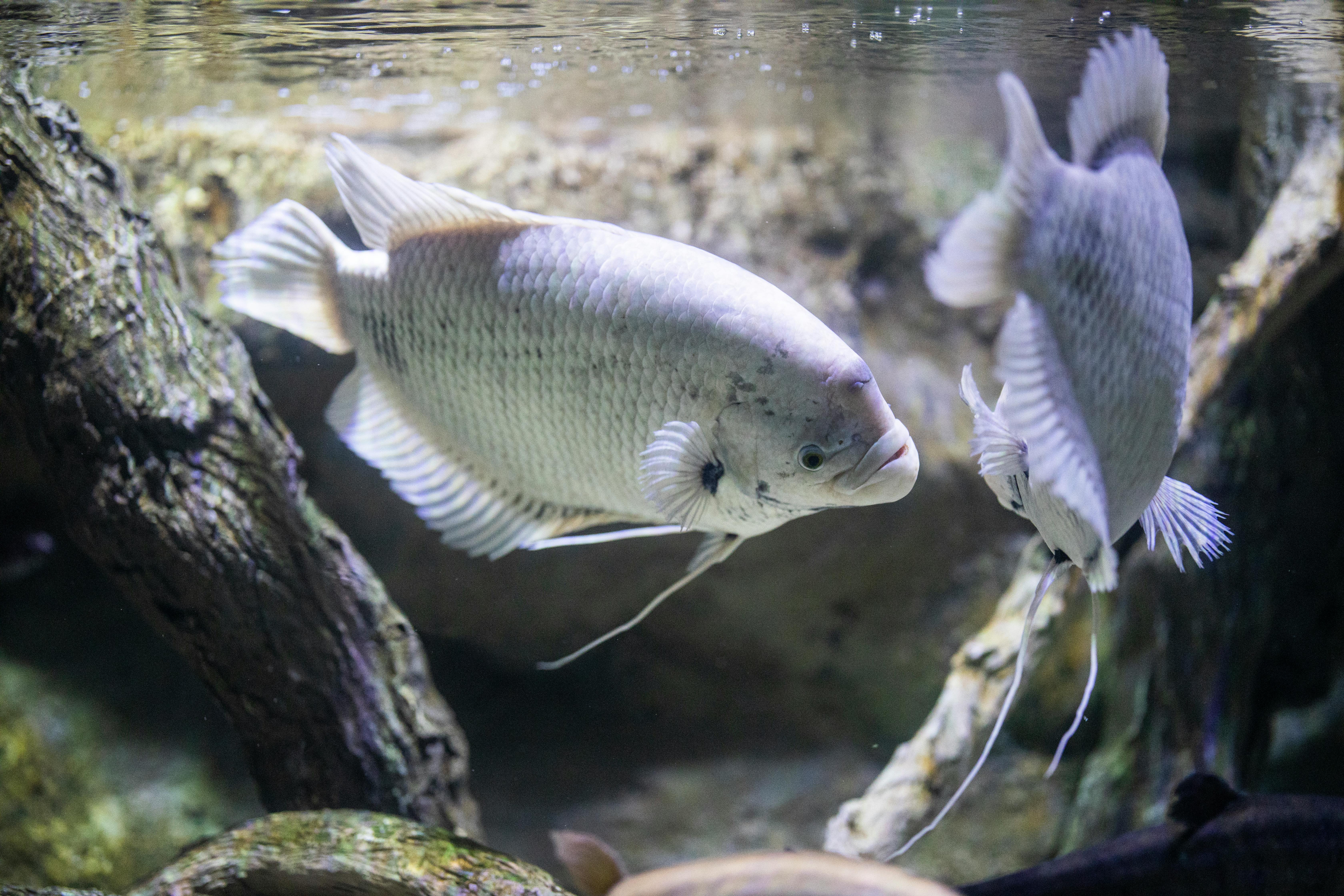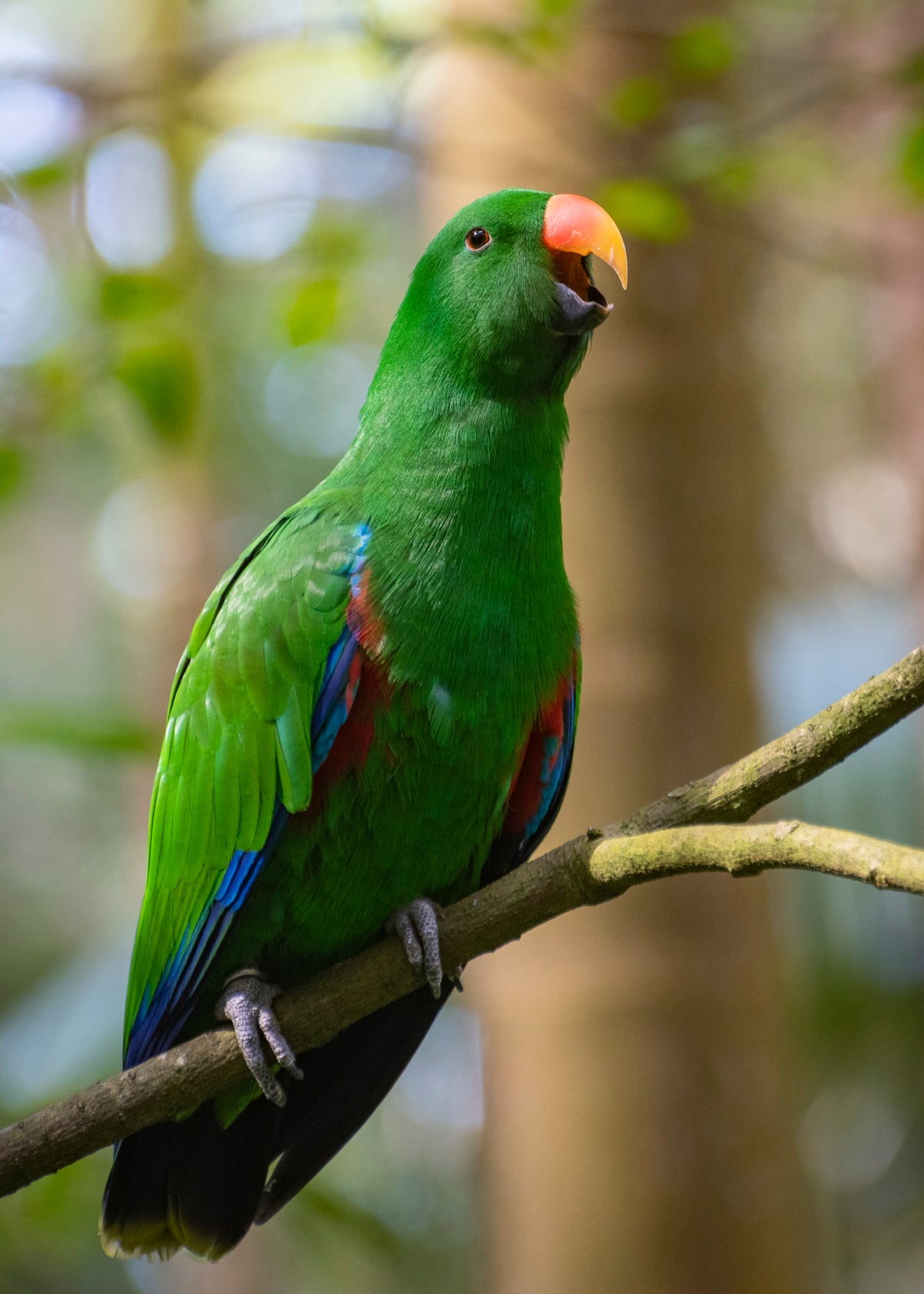Effective Ways to Understand Rabbit Gestation Period in 2025
Understanding the rabbit gestation period is essential for anyone involved in rabbit breeding and care. Rabbits are unique in their reproductive cycles, and gaining insight into their gestation can significantly impact the health of both the mother and her kits. In 2025, as the interest in breeding rabbits continues to grow, understanding the nuances of rabbit pregnancy duration, the signs of a pregnant rabbit, and the entire process from mating to birthing becomes increasingly important. This article will provide an in-depth look at the rabbit reproduction cycle, addressing everything from gestation week by week to maternal behavior and care.
Key takeaways include learning about the various stages of rabbit pregnancy, the health tips necessary for ensuring a successful breeding experience, and the best practices for caring for newborn rabbits. So, let's dive into the world of rabbit gestation and equip ourselves with the knowledge necessary for nurturing these adorable creatures!
Rabbit Gestation Period Overview
Understanding the rabbit gestation period involves knowing the basics of rabbit reproduction cycles and pregnancy. The average rabbit pregnancy duration is about 28-32 days, which varies depending on several factors, such as the breed of rabbit. Each breed may exhibit different reproductive habits and care requirements, making research into specific breeds essential for successful breeding.
This naturally leads us to the importance of recognizing the signs of a pregnant rabbit. Common signs include behavioral changes like increased nesting and general restlessness. By closely monitoring these indicators, breeders can better prepare for the arrival of kits, ensuring a smoother transition for both the rabbit and her owner.
Additionally, managing rabbit pregnancy involves maintaining the mother's health through proper nutrition and care throughout the gestation period. Recognizing and acting upon the signs of pregnancy can ultimately improve the outcome for both mother rabbit and her litter.
Rabbit Pregnancy Duration
The gestation period of rabbits can be divided into several key phases. During the initial weeks, the developing embryos undergo critical stages of growth. From the moment of mating until the end of week two, the rabbit's body begins to prepare for carrying her young, with growth spikes occurring in the third week. By week four, pregnant rabbits generally experience a notable increase in size due to growing kits.
Throughout this time, it is crucial for the rabbit caretaker to monitor her condition closely, as any signs of distress could signal complications. Providing a quiet space and keeping the rabbit calm are vital to supporting her well-being during this period.
Signs of a Pregnant Rabbit
Identifying signs of a pregnant rabbit involves understanding both behavioral and physical changes. Some common signs include a noticeable weight gain, increased nesting behavior, and changes in appetite. Early in pregnancy, there may also be a slight change in the way a rabbit interacts with her environment, such as more cautious movements or a desire for solitude.
Caring for pregnant rabbits means effectively observing these signs and responding with appropriate care. Keeping a pregnant rabbit comfortable and providing her with a safe environment can significantly impact her health and pregnancy outcomes. This includes creating nesting areas and minimizing stress factors.
Rabbit Gestation Stages
Rabbit gestation occurs in distinct stages, each critical for the development of the kits. Recognizing these stages helps in facilitating proper care for the expectant mother. Starting from conception, these stages cover everything from embryo development to the birth process itself.
With these basics established, understanding the rabbit pregnancy timeline can provide valuable insights into what to expect during the gestation period. Knowing the critical milestones enables caretakers to ensure the health of the mother rabbit and prepare adequately for her kits.
Week by Week Rabbit Gestation Calendar
The rabbit gestation week by week breakdown allows caretakers to monitor changes throughout the mother's pregnancy. During weeks one and two, the embryos implant, while weeks three and four see significant growth, paralleling the rabbit's nutritional needs. During the final weeks, the mother will exhibit nesting behaviors, signaling the impending arrival of her kits.
This gradual process of development unveils the many aspects of rabbit pregnancy care that can make a considerable difference in outcomes for kits. Being aware of the timeline helps in further planning for the arrival of new rabbits within the home environment.
Rabbit Pregnancy Care: Health Tips
Managing rabbit gestation revolves significantly around the health of the pregnant rabbit. Proper nutritional intake, a comfortable living space, and regular health checks can all contribute to a healthy rabbit pregnancy. Ensuring ample access to water, fresh hay, and nutrient-rich pellets will support the overall health of the mother as she prepares to give birth.
When preparing for rabbit kits, it’s also crucial to create a dedicated birthing area that encourages natural nesting behaviors. Observing the mother rabbit's actions, such as confirming her preference for secluded areas, can guide caretakers in establishing an optimal environment.

Rabbit Breeding: Tips for Success
Breeding rabbits successfully entails understanding various factors, from selecting healthy mates to timing the breeding process. Every detail counts, including recognizing optimal breeding periods and using proper techniques to minimize stress for the rabbits.
This leads us into how rabbit maternal behavior directly influences the success of breeding outcomes. By monitoring behavior during both pregnancy and afterbirth, caretakers can assess health and well-being while promoting a supportive breeding culture.
Essential Rabbit Breeding Techniques
Using effective breeding techniques involves understanding both genetics and health. Selecting rabbits based on desirable qualities can improve outcomes, from health to attitude. Genetic health issues can greatly impact the success of rabbit litters, making careful selection necessary.
By fostering a good relationship between the mother rabbit and her kits post-birth, caretakers can ensure better survival rates among the new litter. This care is vital throughout the nursing period as the mother supports her kits with necessary nutrients.
Rabbit Birth Process: What to Expect
The process of rabbit birth brings unique considerations. Understanding the stages involved—labor, delivery, and immediately after—can make it easier for caretakers to provide the support needed during this time. Knowing the signs of labor in rabbits, such as fur plucking and nesting behavior, will greatly prepare both rabbits and owners alike for the arrival of kits.

Caring for Newborn Rabbits
Once the kits are born, understanding how to care for newborn rabbits becomes paramount. The first weeks are critical in determining the long-term health and behavior of the rabbits as they grow. During this period, the emphasis should be placed on monitoring both the mother and her litter for any signs of distress.
With these advanced insights into how to manage litters, this article has equipped you with the tools necessary for ensuring a healthy rabbit pregnancy and optimal care for both mother and kits.
Rabbit Kit Care: Nurturing the Young
As bunny parents, it is essential to monitor the health of newborn rabbits closely. Nutritional needs post-birth focus mainly on the mother's milk, which supports growth and development for the first few weeks. Observing behaviors of nursing rabbits can lead to better understanding and care practices during the lactation period.
In particular, watching for healthy behaviors—such as feeding, grooming, and bonding—can provide valuable indicators of well-being among the kits as they continue to develop.
Signs of Healthy Rabbit Kits
Identifying signs of healthy rabbit kits includes examining their physical conditions and behaviors closely. Healthy kits should appear plump, remain active, and exhibit interest in feeding. Careful monitoring during their growth stages will ensure that any potential health issues are addressed promptly, leading to successful weaning and growth milestones.
Conclusion: Successful Rabbit Gestation and Beyond
In conclusion, a thorough understanding of rabbit gestation, from the initial signs of pregnancy to the arrival of kits, is essential for any rabbit caretaker. By following these guidelines—focusing on proper nutrition, maternal health, and nurturing techniques—it's possible to ensure both mother and kits thrive during and after rabbit pregnancy. As interest in breeding rabbits continues to rise, implementing these effective ways to manage rabbit gestation will pave the way for successful pet ownership.

